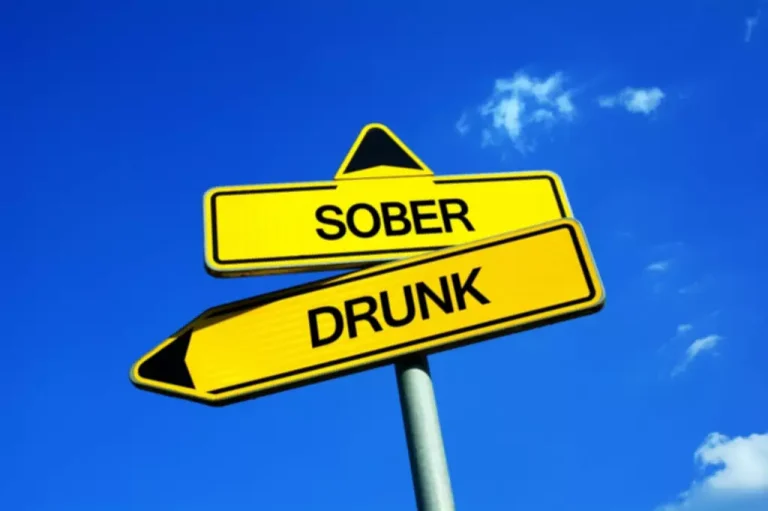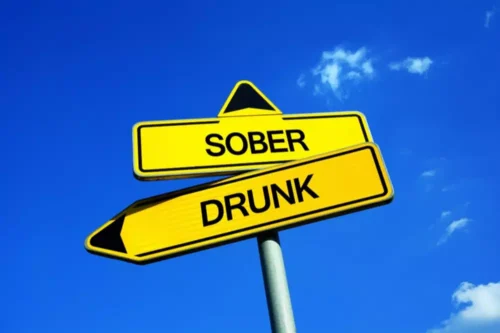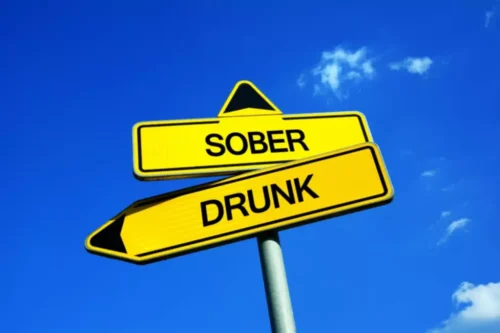
According to the Centers for Disease Control and Prevention, binge drinking results in $249 billion a year in healthcare-related costs and lower employee productivity. The National Council on Alcoholism how does alcohol affect relationships and Drug Dependence notes several ways drinking and drug use affect family members. For those who have insurance, using health insurance to pay for rehab should cover at least some of the cost of addiction treatment. To find out if your policy covers rehab, click here, or fill out the form below. If you notice some of the warning signs mentioned above, it may be time to take a closer look at the role alcohol is playing in your relationship and seek support.
How To Obtain A Bhutanese Family Tree Online?
So if you’re someone who is struggling with alcohol misuse, it’s vital to seek out a support network as soon as possible which can provide compassionate guidance as you seek treatment. Likewise, if you’re close to someone who has a problem with alcohol, it’s important to get support or professional help as soon as possible. The impact of alcohol and relationships goes far beyond romantic partnerships. Communication breakdowns can strain connections with parents, children, siblings, and even close friends.

How Does Alcohol Addiction Affect Family Dynamics?
Alcohol essentially takes over a person’s life and drinking becomes their favorite activity. This can make it hard for a person to quit drinking because now it has become so routine. The more alcohol takes over a person’s life, the less likely people will want to be around them while drinking. This means the person suffering from alcohol addiction is spending much of their time alone. People in healthy relationships are able to function well together and apart.
How Drinking Affects Relationships

Multiple studies suggest this is especially true for women, even if they aren’t affected by their own drinking problems. As a person becomes more dependent on alcohol, they can become increasingly irresponsible and unreliable. They may fail to follow through with family obligations, or complete tasks sporadically. The feeling that you can depend on your partner is crucial to a long-term relationship. One 2018 study found that children of parents with alcohol problems are more likely to get married under age 25. Meanwhile, a 2011 study suggested that alcohol dependence might delay marriage for women during their 20s.
- There are numerous support groups available to help people affected by alcohol addiction.
- Heavy consumption can result in learning and memory issues, contributing to a cycle of dependence and emotional pain.
- Effective treatment is imperative for recovery, allowing individuals to regain normalcy and reconnect with loved ones.
- And even if both parties drink together, they might only feel a sense of connection while the alcohol is involved.
- Professional help not only aids recovery but also provides tools to repair damaged relationships.
- Seek support through individual therapy, support groups, or self-help resources to address the emotional impact of the situation.
- If you feel like alcohol has been affecting your relationships, consider reaching out for help so that you can be your best self for the people around you.
- Effective treatments are available, and your provider can advise on next steps.
- Ultimately, the consequences of alcoholism permeate beyond the individual, affecting the mental health and overall dynamics of families intertwined with addiction.
People who have an addiction to alcohol continue to engage in compulsive behaviors despite negative consequences. Many of these negative consequences drug addiction affect the individual’s health and well-being, but family, friends, and other loved ones are also often affected as well. This issue is addressed by modeling alcohol-facilitated IPA via APIM (Kenny et al., 2006).
- Research indicates that excessive drinking can lead to devastating family issues, including intimate partner violence, divorce, and neglect, as parents become preoccupied with drinking.
- Levitt and Cooper (2010) recruited a community sample of 69 primarily dating couples, collecting daily logs about alcohol use and relationship functioning from both members of the couple for 21 days.
- Alcohol is a legal sedative commonly used to produce wine, beer, spirits, and liqueurs.
- Living with a chronic alcoholic significantly impacts family members, particularly spouses and children, resulting in overwhelming psychological stress and depressive symptoms.
- Also, in one study, wives’ reports of husbands’ drinking predicted wives’ distrust of and perceived lack of support from husbands up to 5 years later (Wilsnack, & Wilsnack, 1991).
- One of the primary characteristics of addiction is that it becomes the most important thing in one’s life and everything else gets pushed to the side.
- Get professional help from an online addiction and mental health counselor from BetterHelp.
- Alcohol problems can quickly damage relationships, though it’s often more challenging to determine whether you have one if you’re dealing with an addiction.
Because of how alcohol impacts the brain and relationships, AUD can be hard to navigate both for the individual, and their partner. Over time, excessive drinking changes the brain, making it difficult for someone to stop. This often leads to changes in personality and negative behaviors which are hallmarks of alcoholism or AUD. These changes can cause strain on your relationships with family, friends, and colleagues.

When important responsibilities and goals, like one’s career, one’s family, and one’s own growth, are placed on the back burner in favor of drinking, it is feasible for a relationship to become filled with rage and conflict. This may cause the partner to experience emotions of neglect as well as dissatisfaction. Drinking alcohol doesn’t just affect your relationship with your partner — it can also have an impact on your children’s mental health, too.

How Can Apps for Alcoholics Aid in Recovery?
Health complications are one of the biggest reasons how alcohol ruins relationships. Trust is one of the foundational components of a healthy and successful connection. Alcohol can impede effective communication by warping one’s thinking, weakening one’s voice, and limiting active listening. This can lead to misunderstandings, disputes, and a decrease in the quality of one’s interpersonal ties. Alcohol can change the way that people interact with each other, sometimes in negative ways.


